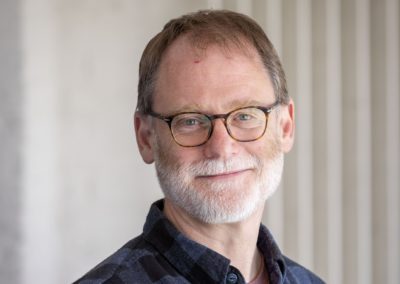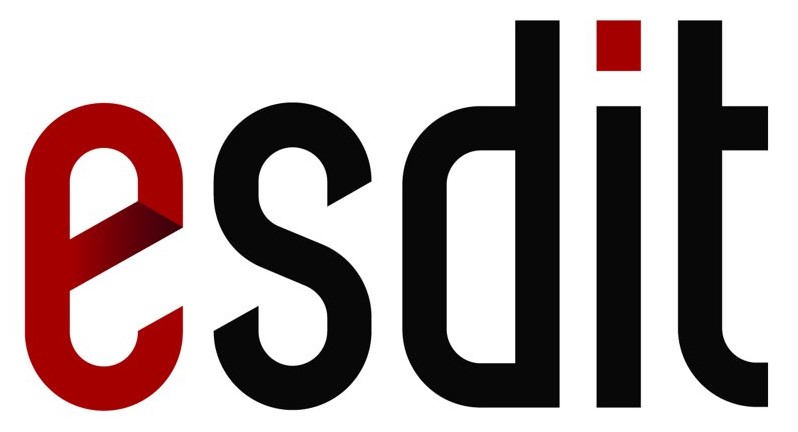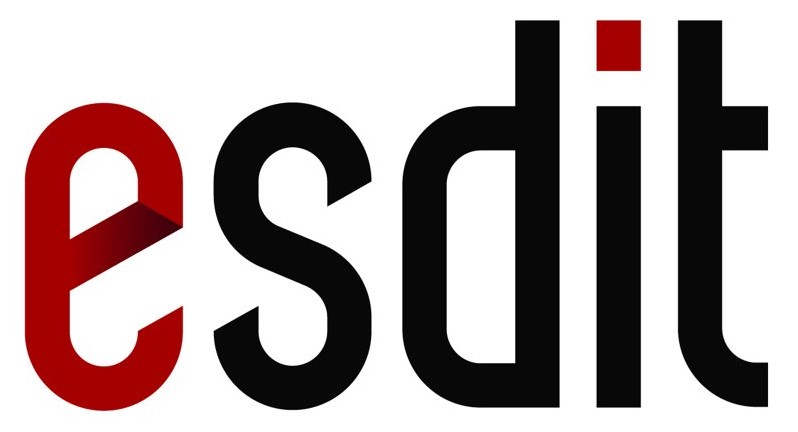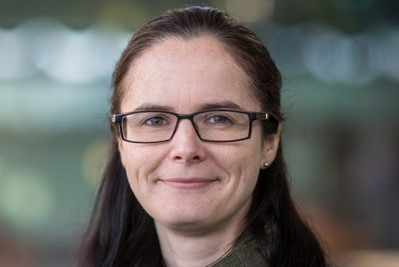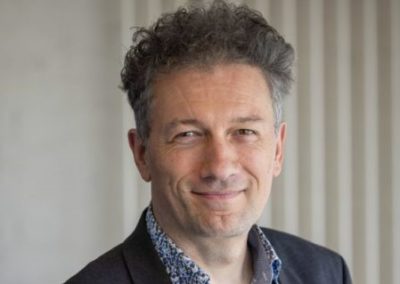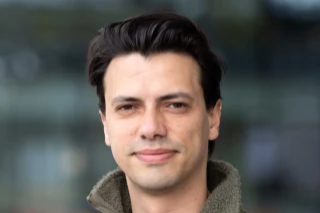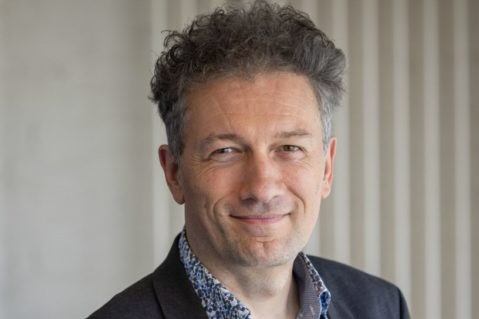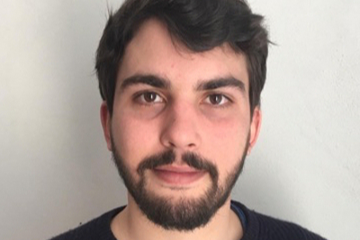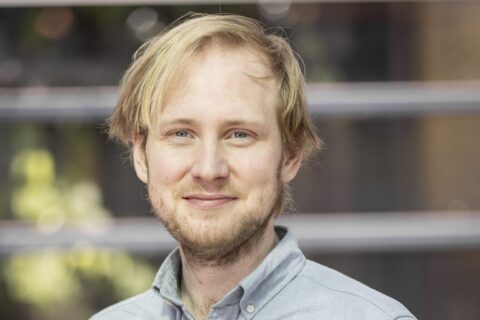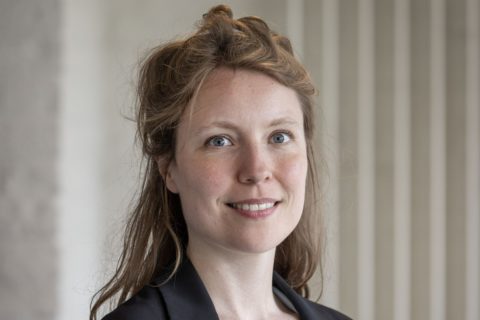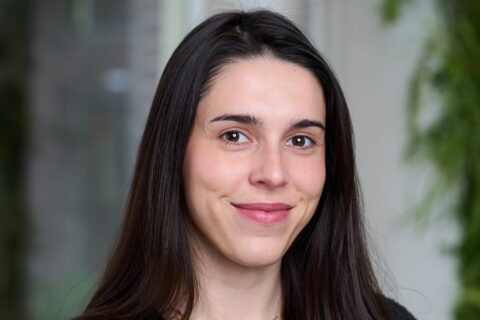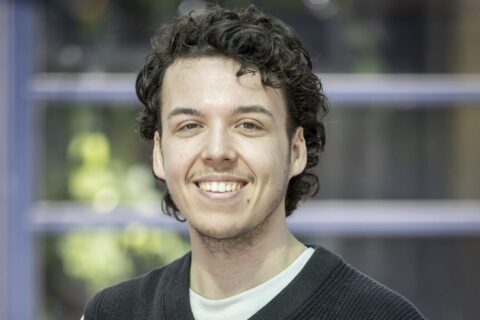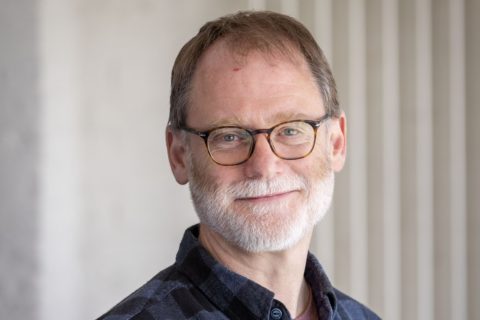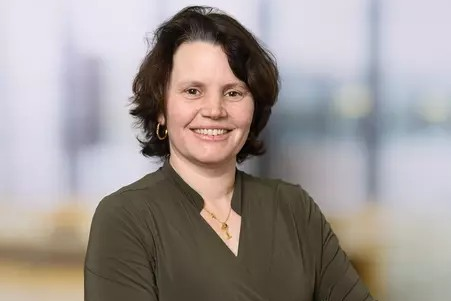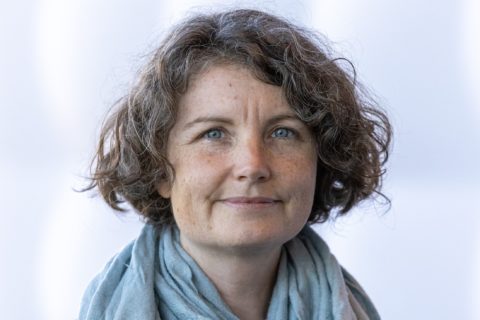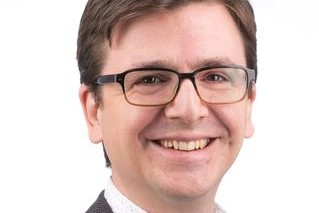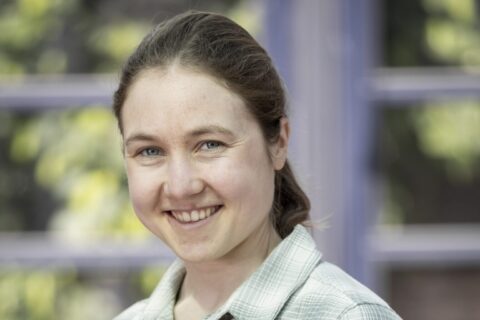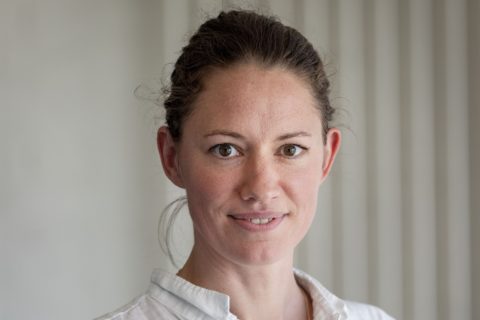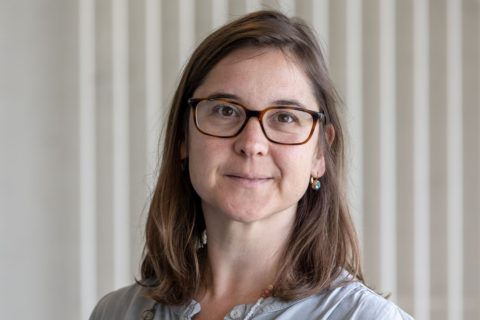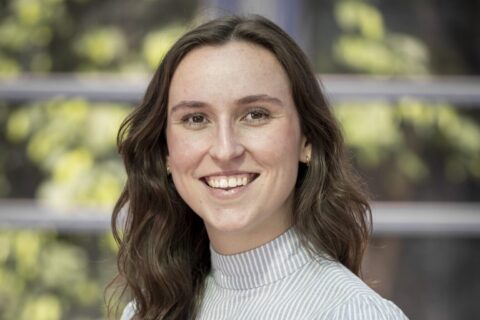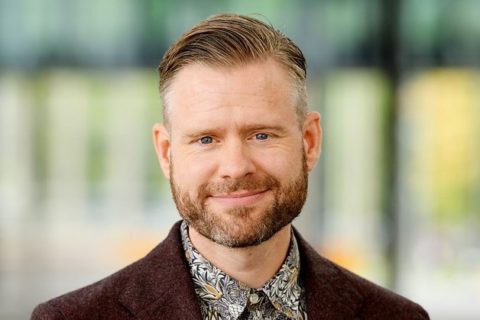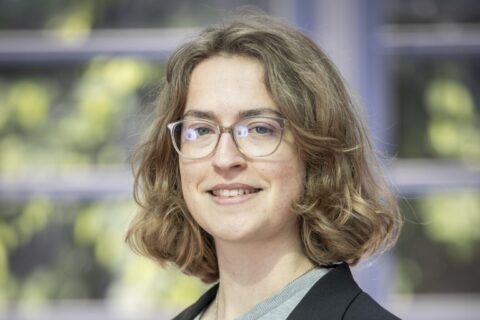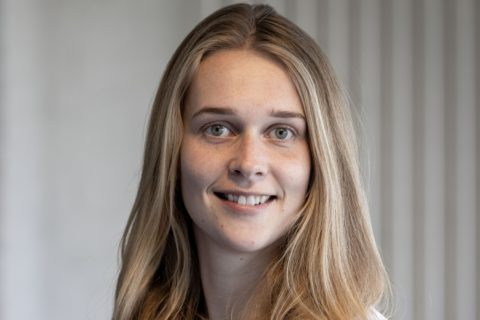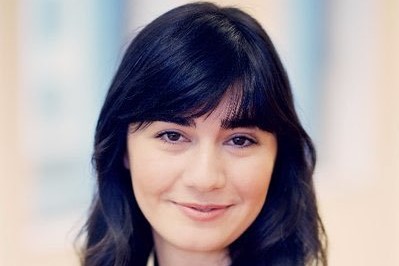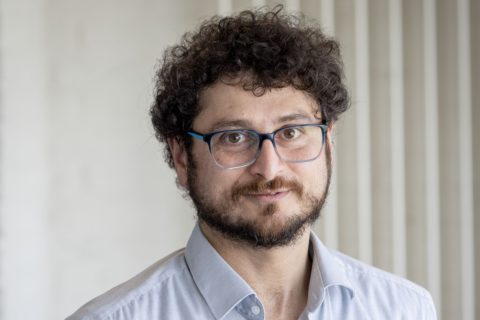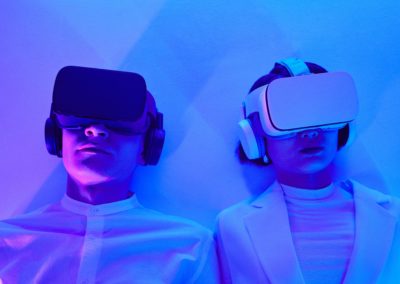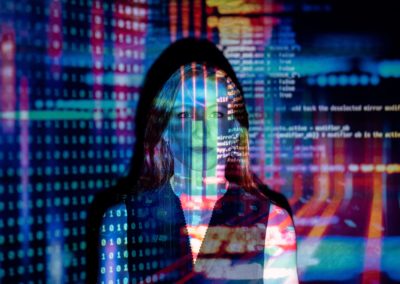Description of This Research Line
The line considers questions such as
- Why do 21st socially disruptive technologies necessitate the development of new methods in ethics?
- How do existing ethical methods fall short?
- What new methods are required for ethical assessment and guidance of socially disruptive technologies?
Some particular topics that interest line members include structural ethics, anticipation and speculation, contextual integrity, technomoral niche construction, the role and nature of justification in the evaluation and design of socially disruptive technologies, the importance of incorporating diversity considerations into ethics methods, and how AI might be incorporated into ethics methods.
Get involved
If you are a researcher within or outside the ESDiT consortium who has an idea for a possible collaboration, please contact one of the line coordinators.
Related Projects
Assessing the Legitimacy of Global Governance in a Polycentric World of Socially Disruptive Technologies [2025-2029]
PhD candidate: Giacomo Figà-Talamanca (g.figatalamanca@uu.nl)
Supervisors: Dr. Uğur Aytaç (u.aytac@uu.nl), Dr. Luca Possati (l.m.possati@utwente.nl)
Promoter: Prof. Dr. Joel Anderson (j.h.anderson@uu.nl)
Project Description
As part of the Ethics of Socially Disruptive Technologies programme (ESDiT), this 4-year PhD project examines a fundamental challenge for the ethics of technology: how to approach the assessment and guidance of socially disruptive technologies (SDTs) in an increasingly fragmented global governance landscape. It contributes to ESDiT's Objective 3 (New approaches for ethical assessment and guidance of SDTs) by exploring methodological issues that arise across rapidly evolving technological contexts where centralized regulation faces both practical and normative limitations. The project is driven by the following main question:
"What methodological approaches are best suited to determining how to legitimately assess and guide the feasible, effective, and ethical governance of socially disruptive technologies in a polycentric world?"
The research question acknowledges that global technology governance increasingly operates through multiple, sometimes competing centers of decision-making authority and power – from international organizations and national governments to corporations, civil society groups, and technical communities. This polycentricity raises fundamental questions about how ethical considerations can be effectively and legitimately addressed across this complex landscape.
How AI Systems Could Be Used To Improve Ethics Methodology [2025-2029]
PhD candidate: Berker Bahceci (b.bahceci@tue.nl)
Supervisor: Dr. Elizabeth O’Neill (e.r.h.oneill@tue.nl)
Promoter: Dr. Philip Nickel (p.j.nickel@tue.nl)
Project Description
AI systems assist people with many tasks. In the last decade, it has been speculated that one such task is helping people with their moral quarrels; that AI systems can morally enhance moral agents. Relatedly, one can ask whether such systems, now or in the near-future, can ‘enhance’ moral philosophers by bettering the methods they use. Arguably, the outcomes of this endeavor, could help moral philosophers respond to challenging, contemporary ethical questions. Furthermore, the results of such an approach could trickle down to the project of daily moral enhancement; in virtue of being better equipped to respond to ethical challenges, moral philosophers can contribute in novel ways to the ethically responsible design of morally enhancing AI systems. The aim of this project is to find ways AI technologies can be used to improve ethics methodology by creating a descriptive and evaluative inventory of methods moral philosophers use, and look for plausible ways to improve them using AI. Tentatively, popular methods like Reflective Equilibrium and thought experiments can be improved; though the project is not committed from the outset to improve these methods. Whatever methods are chosen, one final aim will be to discuss whether AI-ification indeed is an improvement by critically evaluating what an improvement to moral methodology would look like.
Capabilities and Diversity in Ethics of Technology [2024-2028]
PhD candidate: Giovanni Prins (g.r.prins@utwente.nl)
Supervisors: Dr. Naomi Jacobs (n.jacobs@utwente.nl, Dr. Janna van Grunsven (j.b.vangrunsven@tudelft.nl)
Promoter: Prof. Dr. Philip Brey (p.a.e.brey@utwente.nl)
Project Description
The aim of my research project is to develop a new approach for ethically assessing the disruptive impact of technologies on individuals. The project centres on two key ideas.
The first is that the personal interests of individuals centre on not only the protection of rights, but also on support for the development of capabilities. Therefore, we need to develop an ethics of capability development in relation to technology.
The second key idea is that one should take into account human diversity in ethically assessing capabilities. Ethics too often assumes a generic individual with generic needs and capabilities as the subject of ethical analysis. Therefore, we need an ethics of diversity and technology that considers human differences, both social, psychological and physiological, and allows us to identify and analyse ethical issues in relation to different individuals and groups, rather than ‘the human being’ in general.
My objective is thus to develop a theoretical and methodological framework for ethically assessing the differential and disruptive impact of technology on individuals
Mutual Justification and Disruptive Technologies [2024-2027]
Post-doc: Dr. Giles Howdle (g.h.howdle@uu.nl)
Supervisors: Prof. Dr. Joel Anderson (j.h.anderson@uu.nl), Dr. Jeroen Hopster (j.k.g.hopster@uu.nl)
Project Description
A key part of what makes the emergence of new technologies particularly disruptive is the moral disorientation and uncertainty that they often produce. Socially disruptive technologies can challenge the applicability of established principles to changed circumstances, the foreseeability of future consequences, and even the viability of key ethical concepts, leading to uncertainty, instability, and ambiguity about ethical judgments and intuitions.
Circumstances of moral disorientation pose special difficulties for what is, arguably, a key feature of ethics: the aim of mutually justifying our judgments, policies, and actions to one another. The central aim of this project is to examine the potential for 1) approaches to normative ethics which foreground mutual justification and 2) the field of ethics of technology to learn from each other, particularly in addressing the following questions, broadly construed:
How can we best understand the obligation to mutually justify our responses to socially disruptive technologies and the moral dynamism, moral uncertainty, and moral disorientation associated with them? And, more generally, how can we come up with robust moral justifications if morality is subject to change?
Improving ethical analysis through better conceptualization of the moral role of technological products and systems [2023-2027]
PhD candidate: Haizea Escribano (h.escribanoasensio@utwente.nl)
Daily supervisor: Dr. Adam Henschke (a.henschke@utwente.nl)
Supervisor: Prof. Dr. Philip Brey (p.a.e.brey@utwente.nl)
Project Description
This project investigates how we can conceptualize the role of technological products in moral and immoral acts and events, and how this conceptualization can result in new and better approaches to ethical analysis. The focus is not just on single technological products with single users, but also on larger systems with multiple technological components and human operators. These include both sociotechnical systems – predominantly technical systems with human operators and enablers, such as an electricity networks, industrial production systems and the internet, and technosocial systems – predominantly social systems that rely on technology, such as modern organizations and associations.
The PhD candidate will investigate the different causal and moral roles that technology can take in morally consequential actions and events involving technologies with single users, autonomous technologies, and sociotechnical and technosocial systems. She will do so, initially, by studying and critiquing approaches in ethics (especially ethics of technology) that conceptualize the role of technology, and by making explicit what roles are assigned to technology. Also considered will be descriptive approaches to technology, users and society in STS, technology assessment and impact assessment and their possible translation to ethics. This is followed by the development of a new approach for ethical analysis which includes a vocabulary and methodology for understanding and assessing the various roles of various types of (socio)technological products and systems in moral actions and events. The approach will mostly be theoretical but will also involve a number of (smaller) case studies.
There will be a particular focus on socially disruptive technologies: technologies that transform everyday life, social institutions, cultural practices, and potentially even fundamental beliefs and values.
Methods of practical philosophy regarding socially disruptive technologies [2022-2025]
Post-doc: Dr. Björn Lundgren (b.a.lundgren@uu.nl)
Daily supervisor: Prof. Dr. Joel Anderson (j.h.anderson@uu.nl)
Co-supervisor: Prof. Dr. Sven Nyholm (sven.nyholm@lrz.uni-muenchen.de)
Project Description
The aim of this postdoc project is to investigate the following research question:
“Which methods in practical philosophy are best suited (and on what grounds) for (1) understanding the normative concerns that are raised by emerging technologies (particularly, their socially and conceptually disruptive character) and for (2) justifying revised philosophical approaches to those concerns?”
This project addresses a complex and multi-faceted range of issues. Some socio-technological developments may require fundamental rethinking of our normative accounts, while others can be addressed using familiar frameworks. Emerging and socially disruptive technologies may share distinctive ethical characteristics, but they may also differ fundamentally in the methods needed to analyze them. And the discussion of these issues occurs against a background of ongoing disputes about methodological pluralism and the relationship between more contextual methods and more principled methods in ethics, political philosophy, and related fields of philosophical and scientific inquiry.
How theories of technology and its relation to society can inform and transform ethics [2022-2023]
Post-doc: Dr. Kevin Scharp (k.a.scharp@utwente.nl)
Supervisor: Prof. dr. Philip Brey (p.a.e.brey@utwente.nl)
Project Description
The aim of this postdoc project is to investigate conceptual disruptions, especially those caused by socially disruptive technologies (SDTs), require responses in the form of conceptual engineering. What is conceptual engineering, what are appropriate methods, and how can conceptual disruptions caused by SDTs be responded to?
Related Publications
Why you Should not use CI to Evaluate Socially Disruptive Technology Journal Article
In: Philosophy & Technology, vol. 38, pp. 19, 2025.
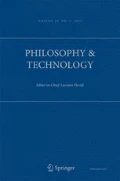
Conceptual Engineering and Philosophy of Technology: Amelioration or Adaptation? Journal Article
In: Philosophy & Technology , vol. 36, 2023.

Conceptual Disruption and the Ethics of Technology Book Chapter
In: van de Poel, Ibo; Frank, Lily; Hermann, Julia; Hopster, Jeroen; Lenzi, Dominic; Nyholm, Sven; Taebi, Behnam; Ziliotti, Elena (Ed.): Chapter 6, pp. 141–162, Open Book Publishers, 2023.

Two notes on Axiological Futurism Journal Article
In: Futures, 2023.
Related Events
Related News & Media
People Involved
Coordinators
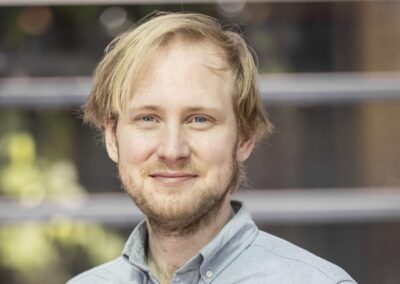
Dr. Giles Howdle
Advisors
